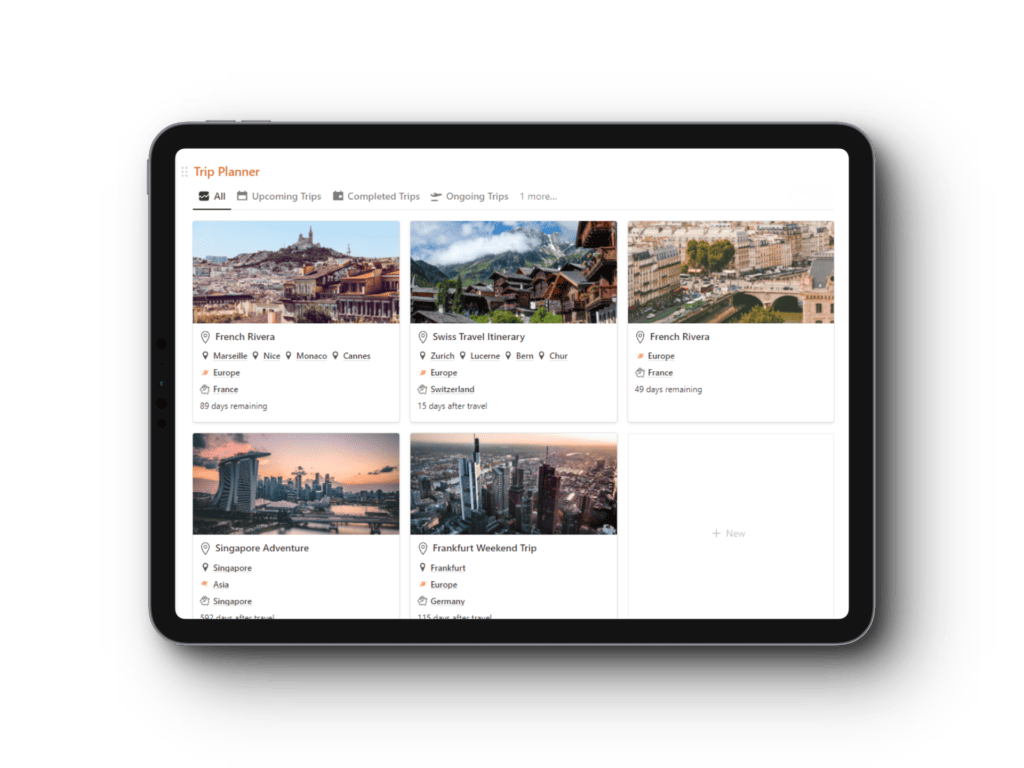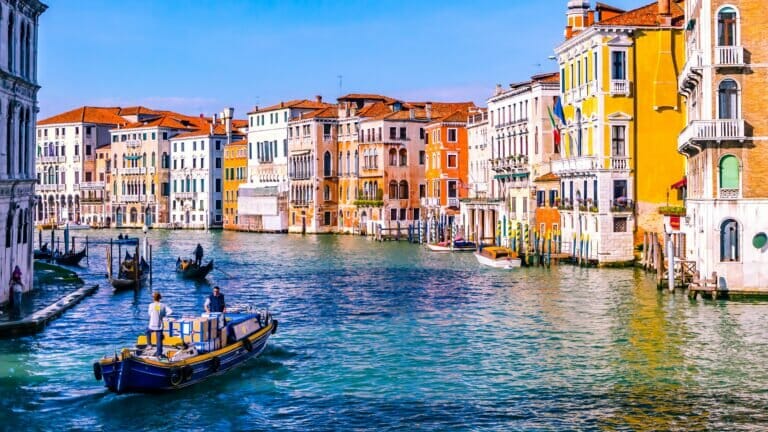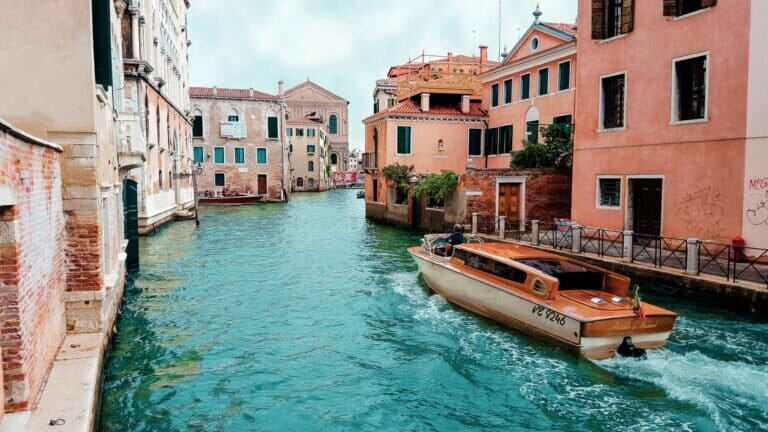Do I need a visa for Italy?
Are you planning a trip to Italy and wondering if you need a visa? This guide will provide you with all the essential information regarding visa requirements for visiting Italy. Whether you are travelling for tourism, business, or any other purpose, we’ve got you covered. Discover the visa regulations specific to your country and ensure a smooth and hassle-free journey to beautiful Italy.
Explanation
Visa Requirements for Traveling to Italy
When planning a trip to Italy, it is important to understand the visa requirements. Depending on your nationality, you may need to obtain a visa before travelling to Italy. It is crucial to check the specific visa requirements for your country of residence to ensure a smooth and hassle-free journey.
Do I Need a Visa to Visit Italy as a Tourist?
For many countries, a tourist visa is required to visit Italy. However, some countries have agreements with Italy that allow their citizens to enter for tourism purposes without a visa. These agreements are typically based on reciprocity, so it is important to check if your country has such an agreement with Italy.
Exceptions to the Visa Requirement for Italy
There are certain exceptions to the visa requirement for Italy. Citizens of the European Union (EU), European Economic Area (EEA), and Switzerland do not need a visa to enter Italy as they have the right to free movement within these areas. Additionally, some countries have visa exemption agreements with Italy, allowing their citizens to enter for short-term visits without a visa.
Length of Stay in Italy Without a Visa
If you are exempt from the visa requirement, you can typically stay in Italy for up to 90 days within a 180-day period. This means that you can enter Italy multiple times within a six-month period, but the total number of days spent in Italy cannot exceed 90.
Visa Types for Short-Term Visits to Italy
For those who require a visa to visit Italy, there are different types available depending on the purpose of your visit. The most common visa type for short-term visits is the Schengen visa, which allows you to travel within the Schengen area for up to 90 days. Other visa types include transit visas, business visas, and tourist visas.
Visa Requirements for Business Trips to Italy
If you are travelling to Italy for business purposes, you may need to apply for a business visa. This type of visa is typically required for activities such as attending meetings, conferences, or negotiating contracts. It is important to provide documentation supporting the purpose of your trip, such as an invitation letter from an Italian company.
Entering Italy without a Visa with a Valid Schengen Visa
If you already hold a valid Schengen visa issued by another Schengen country, you can enter Italy without obtaining an additional visa. This applies as long as your Schengen visa is still valid and allows for multiple entries. However, it is important to note that Italy should be your main destination or the country where you will spend the most time during your trip.
Visa Requirements for Studying in Italy
If you plan to study in Italy for more than 90 days, you will need to apply for a student visa. This type of visa allows you to stay in Italy for the duration of your study program. In addition to meeting the general visa requirements, you will also need to provide proof of enrollment in an Italian educational institution and sufficient financial means to support yourself during your stay.
Visa Requirements for Working in Italy
If you wish to work in Italy, you will need to obtain a work visa. This type of visa is typically sponsored by an Italian employer, who will need to provide documentation supporting your employment. The process for obtaining a work visa can be complex, so it is advisable to consult the Italian embassy or consulate in your country for specific requirements.
Applying for an Italian Visa
To apply for an Italian visa, you will need to submit your application to the Italian embassy or consulate in your country of residence. The application process typically involves completing a visa application form, providing supporting documents, and paying the required visa fee. It is important to apply well in advance of your planned trip, as visa processing times can vary.
Documents Required for an Italian Visa
When applying for an Italian visa, you will need to provide various documents to support your application. These may include a valid passport, proof of travel insurance, flight itinerary, accommodation bookings, financial statements, and any additional documents specific to the purpose of your visit (such as invitation letters or enrollment letters for students).
Visa Fees for Traveling to Italy
There is a fee associated with applying for an Italian visa. The exact amount can vary depending on the type of visa and your nationality. It is important to check the current visa fees and payment methods accepted by the Italian embassy or consulate in your country.
Age Restrictions for Obtaining an Italian Visa
There are no specific age restrictions for obtaining an Italian visa. However, minors (under 18 years old) may need additional documentation, such as a parental consent letter, when applying for a visa. It is advisable to check the specific requirements for minors with the Italian embassy or consulate.
Extending a Visa in Italy
If you are already in Italy and need to extend your stay beyond the allowed visa-free period or the validity of your visa, you will need to apply for a visa extension. This process typically involves submitting an application to the local police station or immigration office in Italy. It is important to apply for an extension before your current visa expires to avoid any legal issues.
Consequences of Overstaying a Visa in Italy
Overstaying a visa in Italy can have serious consequences. It may result in fines, deportation, and future travel restrictions. It is important to abide by the visa regulations and ensure that you leave Italy before your authorized stay expires. If you need to extend your stay, it is advisable to apply for a visa extension or seek legal advice to avoid any complications.
Conclusion
In conclusion, whether or not you need a visa to visit Italy depends on your nationality. Citizens of certain countries may enter Italy without a visa for tourism purposes, while others will need to obtain a visa before travelling. It is important to check the specific visa requirements for your country of residence to ensure a smooth and hassle-free journey.
Get your Notion Travel Planner Template!
Embark on your next adventure with the Wanderlust Planner, the ultimate Notion Travel Planner Template. Organize your wanderlust-fueled dreams and turn them into unforgettable journeys. Whether you’re a seasoned globetrotter or a newbie explorer, this template has you covered.







